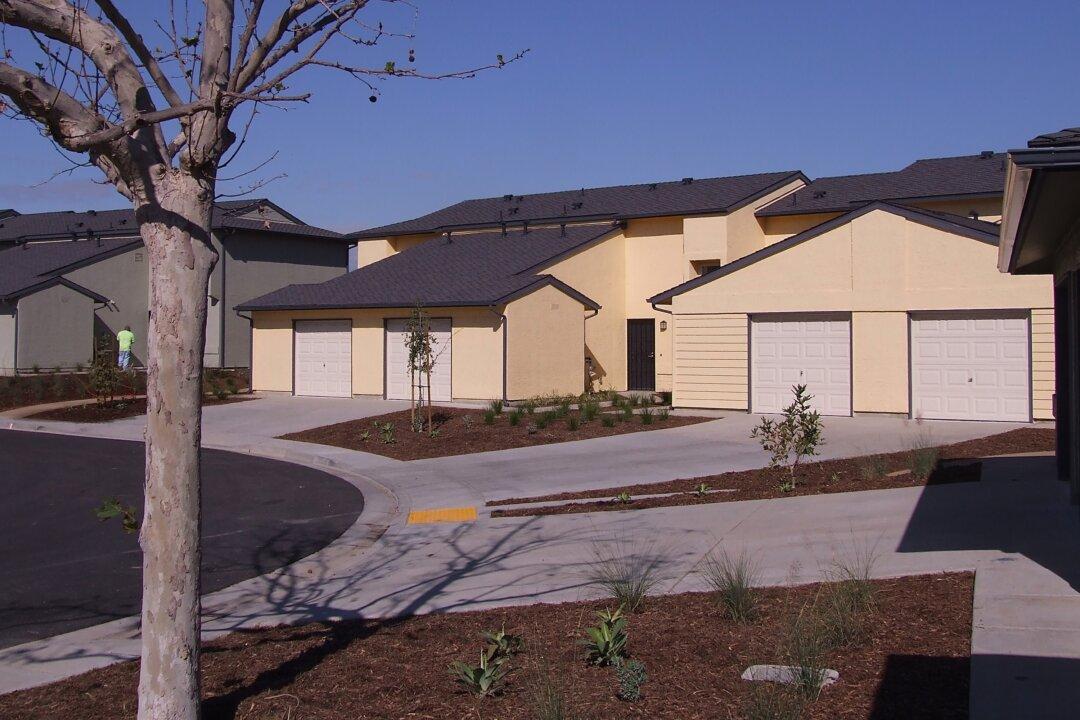Commentary
California and its cities are being hit with a spate of proposals to deal with the homelessness problem. New Mayor Karen Bass of Los Angeles even declared a state of emergency on the crisis.

California and its cities are being hit with a spate of proposals to deal with the homelessness problem. New Mayor Karen Bass of Los Angeles even declared a state of emergency on the crisis.